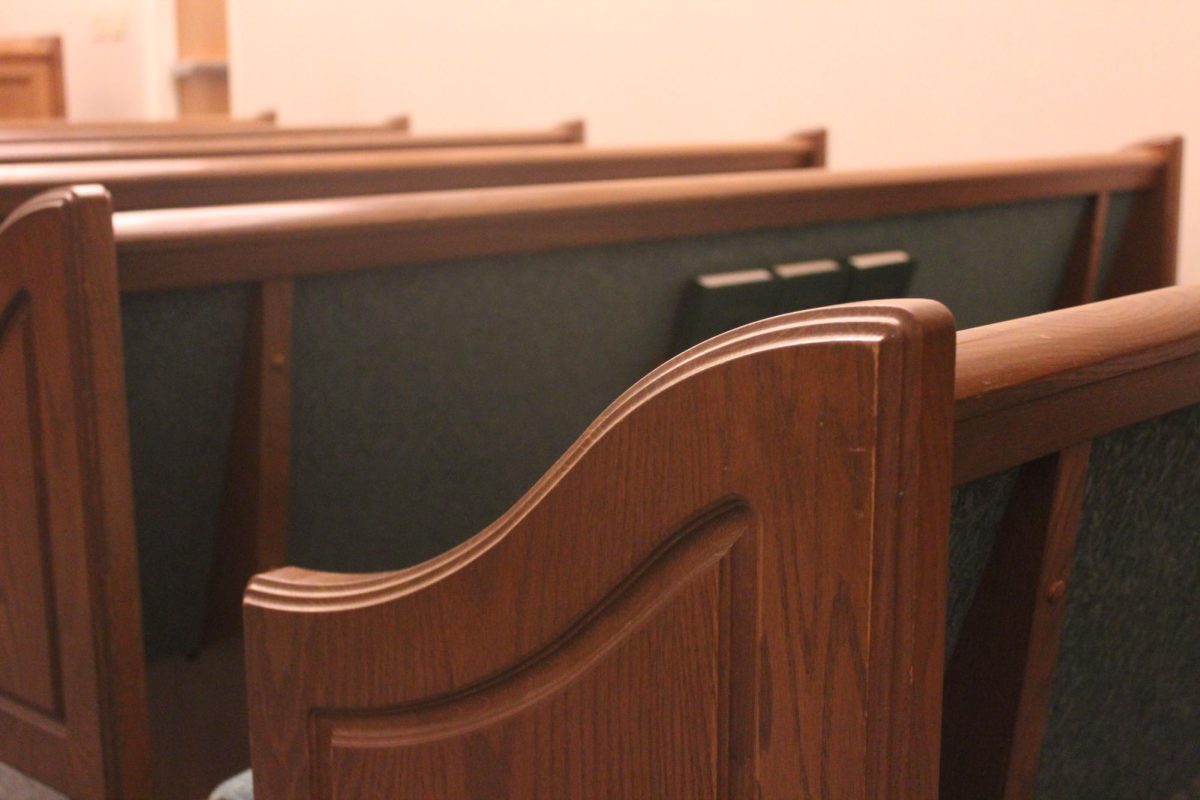Scrupulosity is a form of Obsessive Compulsive Disorder (OCD) in which individuals experience pathological obsessions related to religious and moral practice. While OCD is often characterized by “excessive hand washing” or a fixation with one’s morning routine, scrupulosity can manifest through an obsessive fear of displeasing God or committing sin, an endless pursuit of perfection, or a sense of inability to “measure up” to religious standards. One may confess sins repeatedly, repeat prayers to ensure correct performance, seek assurances from others, or raise his or her expectations for religious behavior to unachievable levels.1
Scrupulosity is closely linked to the difference between guilt and shame. In a psychological context, guilt is the recognition that one’s actions are not in harmony with one’s moral or religious persuasion. In a religious context, guilt can be the impetus for repentance – change – and moving beyond current weakness. Shame, instead, uses wrongdoings to attack personal identity. Instead of focusing on what an individual has done wrong, that individual becomes fixated on what must be his or her flawed identity. It’s not that he or she “did something wrong,” but that he or she must “be a bad person.” The exact phrasing of these internal messages varies between religious sects, but scrupulosity is characterized by an inability to move beyond, which can feed compulsive cycles of behavior and cause one to “miss the point” of faith.
This tendency could be illustrated by the Herodian Jewish Pharisees, who extrapolated the law of Moses into a strict set of practical rules. Some religious leaders placed limits on the number of steps permitted on the Jewish Sabbath to safeguard against breaking the Mosaic law to honor the Sabbath day. The law of Moses said nothing about how many steps someone can take on Shabbat – it was scrupulous interpretations that made religion somewhat impractical and emphasized rules, not faith.
An individual’s compulsions may resemble devout religious practice, making the disorder difficult to recognize in others. However, scrupulous religiosity generally differs from mainstream denominational practice. Some may overemphasize a particular area of religion, like scripture study, and neglect others.2
No evidence currently exists to link scrupulosity to a particular religious sect, and one study even found that nearly a quarter of those with scrupulosity have no religious affiliation.3 Scrupulosity can be treated much like other forms of OCD, with various pharmaceutical and behavioral therapies being available.4
OCD is a mental health disorder in which an individual becomes caught up in cycles of obsessive and compulsive behavior. When something triggers intense negative feelings, the individual seeks to perform a specific ritual to resolve the inner conflict. An individual may experience these tendencies without the full disorder. Habits and routines can be helpful and productive tools when used correctly. It is only when distress becomes intense and interferes with daily life that one is actually experiencing a disorder.5 Similarly, a legitimate, “diagnosable” case of scrupulosity is uncommon, though its tendencies may be seen more frequently. An individual might not repeat prayers to ensure perfection, but may be more concerned with the correct performance than prayer’s communal purposes.
Being aware of scrupulous tendencies is important to safeguard against disorder. Guilt can motivate principled action, but obsession is rarely beneficial.
_____________________
1 International OCD Foundation. “International OCD Foundation – What Is OCD & Scrupulosity?,” December 15, 2022.
2 Ibid.
3 Siev J, Rasmussen J, Sullivan ADW, Wilhelm S. Clinical features of scrupulosity: Associated symptoms and comorbidity. J Clin Psychol. 2020; 77: 173–188.
4 The Gateway Institute. “Scrupulosity OCD Symptoms and Treatment – Gateway OCD,” December 10, 2023.
5 National Institute of Mental Health (NIMH). “Obsessive-Compulsive Disorder.”






